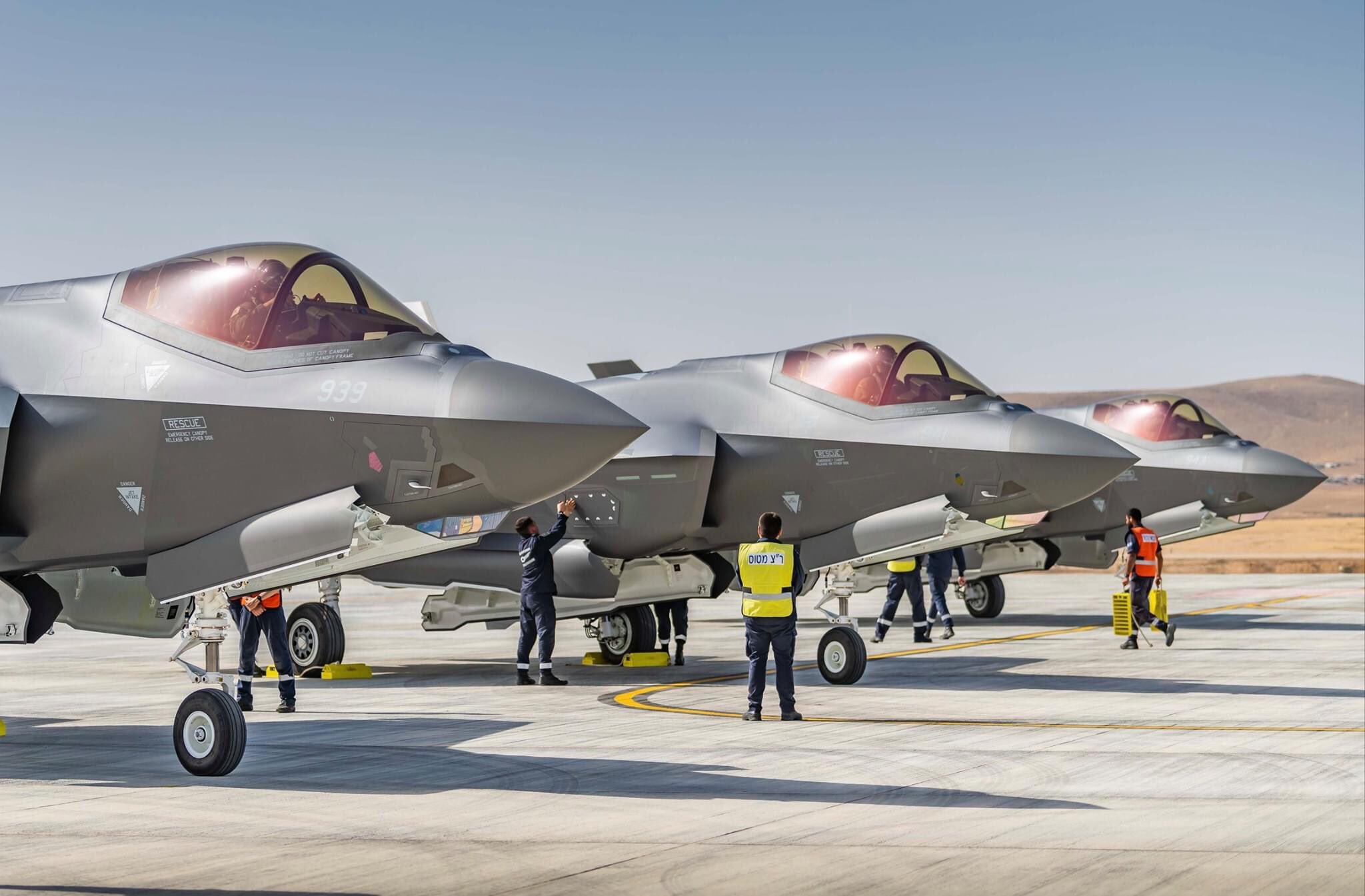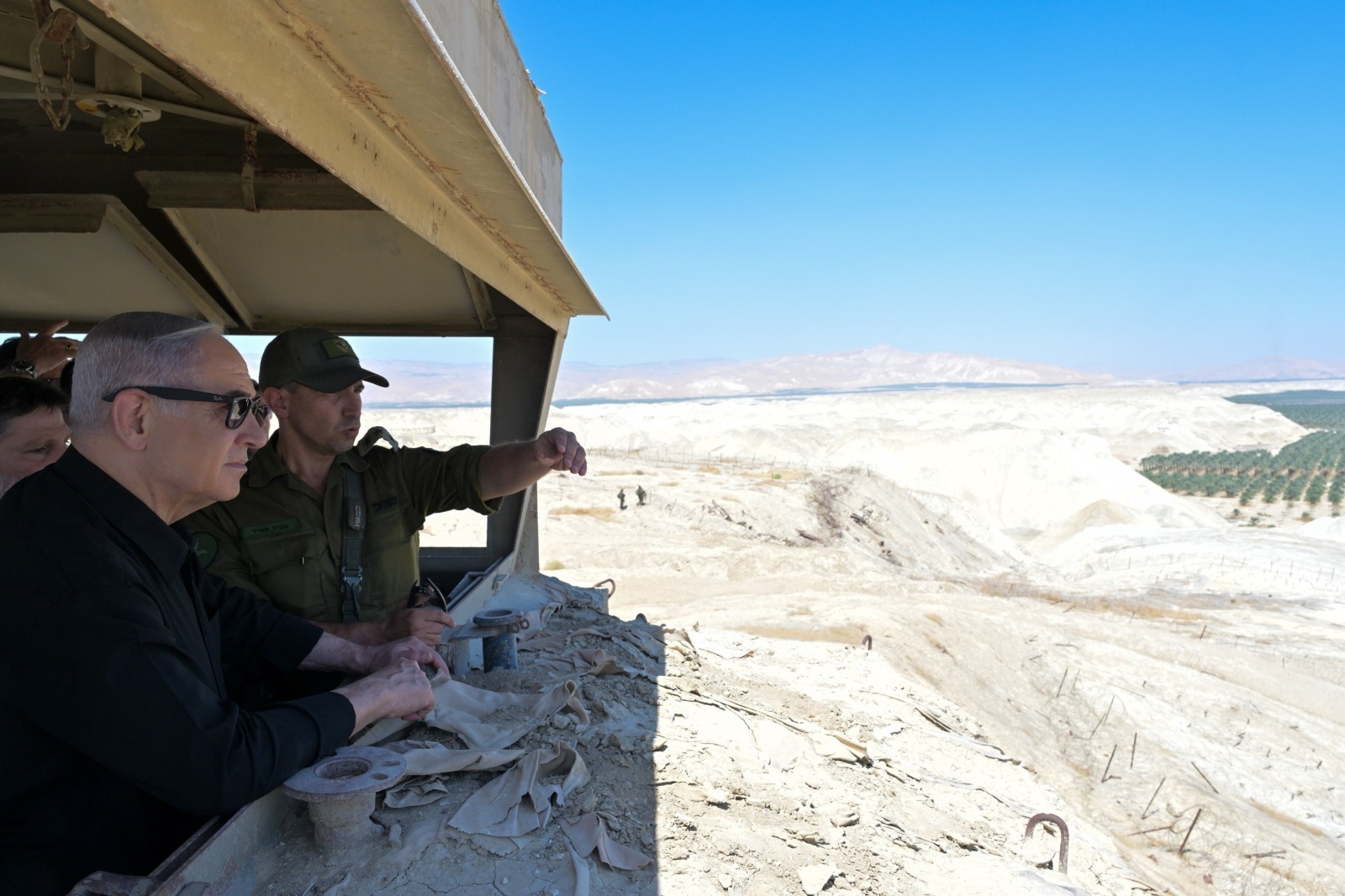With Israel now simultaneously fighting Hamas in Gaza, Hezbollah in Lebanon, Houthi rebels in Yemen, Iran-backed terrorists in Syria and Jordan and getting prepared to engage militarily with Iran, questions are being raised about the capacity of its mighty tech industry to withstand a wider war.
Many leading international publications and think tanks are wondering how Israel’s tech –sector, which accounts for over half of the country’s exports, a fifth of GDP—and a fifth of the reservists in the Israel Defence Forces (IDF), is managing to save the war-hit economy.
Their analyses suggest that the present situation may not last long, but at the moment, technologies related to defense and security are showing remarkable growth and greater signs of resilience than expected, thereby not only sustaining the country’s highly valued tech base but also adding an edge to it.
It may be noted that Israel’s tech industry represents 18% of GDP, compared to 10% in the U.S. and 6% in the European Union. The sector makes up 50% of all exports and contributes 30% of all tax revenues domestically.
Israel is said to be an entrepreneurial powerhouse and a hotbed for pioneering technologies, profitable business opportunities, and high investment returns.
It is renowned as being the “start-up nation,” given the fact that it is the world leader for the number of start-ups per capita—“with 2,000 start-ups founded in the past decade, another 3,000 small and medium-sized start-up and high-tech companies, 30 growth companies, 50 large technology companies, and 300 multinational corporations R&D centers.”
Another distinct feature of the Israeli technological ecosystem is that Israel is ranked first in the world in R&D expenditure per capita. Israel invests about 6 (six) of its GDP in R&D, the highest in the world.
Israel also has the highest percentage of engineers and scientists per capita in the world and has one of the highest ratios of university degrees and academic publications per capita.
Add to this the fact that, due to mandatory military service, educated youth also receive advanced technical training during their conscription years. It is, therefore, not surprising to come across the stories of the likes of Ophir Dror, one of the founders of a newly formed Israeli cyber start-up, who was drafted to the Israeli army on his birthday last year — October 7.
“For four or five months, I was not available. I was in Gaza, I couldn’t even jump on Zoom calls, so it was just super hard not to be there and be part of a company I just founded and that came out of stealth while I wasn’t there,” Dror told The Times of Israel. “We were four founders and four employees at the outbreak of the war. As my army unit had a lot of missing equipment, one of the founders started fundraising. And for around a month and a half, the office was not really doing cyber security but buying various supplies, packing, and sending us boxes.”

Despite all this, Lasso Security won the confidence of investors, raising the funds it needed to develop its product, and almost tripled its workforce during the war period.
Lasso is just one example of Israel’s economic and national resilience. Many reports indicate that, for the past year, start-up founders, investors, and employees have transformed and adapted. They have all attempted to keep fuelling Israel’s tech powerhouse, a major driving force for the growth of the country’s economy.
It is no wonder that despite fighting at “six fronts,” Israel’s tech sector, which depends considerably on foreign investment, still ranks third as a global hub for investments, attesting to its resiliency.
Recent data for 2024 shows that more than $4.5 billion was invested in the first six months, and the country seems to be on track for a $10 billion year, which represents almost a 50% increase. Such a trend is rare in the world.
Reports suggest that despite the perception that global sentiment is turning against Israel, foreign investors continue to back the country. According to the Start-up Nation Central report, foreign investors still represent 46% of the 217 active venture funds in Israel. They participated in 93% of all funding rounds in the first half of 2024, marking a seven-year high.
It is important to note here that the most prominent sector where the investments are coming from happens to be cyber security, which attracted 52 percent of private funding in the first half of 2024. Cyber-security mergers and acquisitions totaled $1.5 billion across nine deals. Israeli companies were reportedly involved in 13 of 14 global cybersecurity acquisitions during the same period.
According to Jon Medved, CEO of OurCrowd, Israel’s high-tech industry, “Cyber is hotter than ever”. Apparently, Google had expressed interest in buying Wiz for $23 billion, but the company declined the offer after its $12 billion valuation.
Had the deal gone through, it would have been Google’s largest acquisition ever and the biggest in the cyber security sector, Medved has pointed out, adding, “Cyber-security is important; people like Google say so. And Israel dominates here. We are clearly number one”.
The other key area is defense, where investors are said to be eager to get involved. As Medved says, Israel is one of the top five defense technology exporters in the world, and “many of the country’s entrepreneurs come from the defense sector, ensuring the technology remains highly relevant.”
According to him, although the recent surge in interest in defense tech is likely driven by the war between Russia and Ukraine and instability in Europe, Israel’s ongoing battle against Hamas and other terrorist organizations over the past year has also played a role. When Israeli reservists return to their high-tech jobs, they bring valuable insights that help them improve technologies based on what was helpful in combat.
The linkage between Israeli tech and the country’s military has always been very strong. The military has not only been a buyer of high-tech products but also a supplier of entrepreneurs.
As the Economist magazine notes, such ties between the two “help explain why Israeli tech centers rely less on things like mobile apps and more on cutting-edge innovations that may come from or be useful for the military.”
Increased defense spending over the past year in the country has contributed to the resilience of many Israeli tech firms. In fact, there are examples of firms like Elsight, which specializes in software to inspect buildings and other infrastructure using drones and robots. Now focusing only on defense, Elsight earns over half of its revenue from military contracts, up from less than 5% before October 7 last year.

For Medved, Israel is also growing in the artificial intelligence sector, which “reflects a widespread belief that AI is the future of everything.” There have been large investments in 94 different AI companies.
Of course, there is another side to the story. Many analysts argue that the prolonged wars that Israel is engaged in have started affecting, and that is not insignificant.
A survey published in June by Israel Advanced Technology Industries “showed 65% of venture capital funds reported challenges due to identifying as Israeli and more than 30% of Israeli companies and start-ups have moved activity abroad.”
There are also reports of some tech firms showing signs of strain and going for retrenchment of the workers. Israeli government bonds have been downgraded two notches by Moody’s, a rating agency.
Even Medved, who says that he is an innate optimist (“if you are not optimistic, you should not be a venture capitalist”), admits that “if we don’t put this war to bed sooner than later,” things could change.
But for now, he says, “I am proud of the way Israel’s tech ecosystem leadership has handled itself and been incredibly resilient.”
It seems obvious that defense and security-related tech firms are the most important sources of optimism for Israel’s wider economy at present.
It remains to be seen how long it will last.
- Author and veteran journalist Prakash Nanda is Chairman of the Editorial Board of the EurAsian Times and has been commenting on politics, foreign policy, and strategic affairs for nearly three decades. He is a former National Fellow of the Indian Council for Historical Research and a recipient of the Seoul Peace Prize Scholarship.
- VIEWS PERSONAL OF THE AUTHOR
- CONTACT: prakash.nanda (at) hotmail.com
- Follow EurAsian Times on Google News




